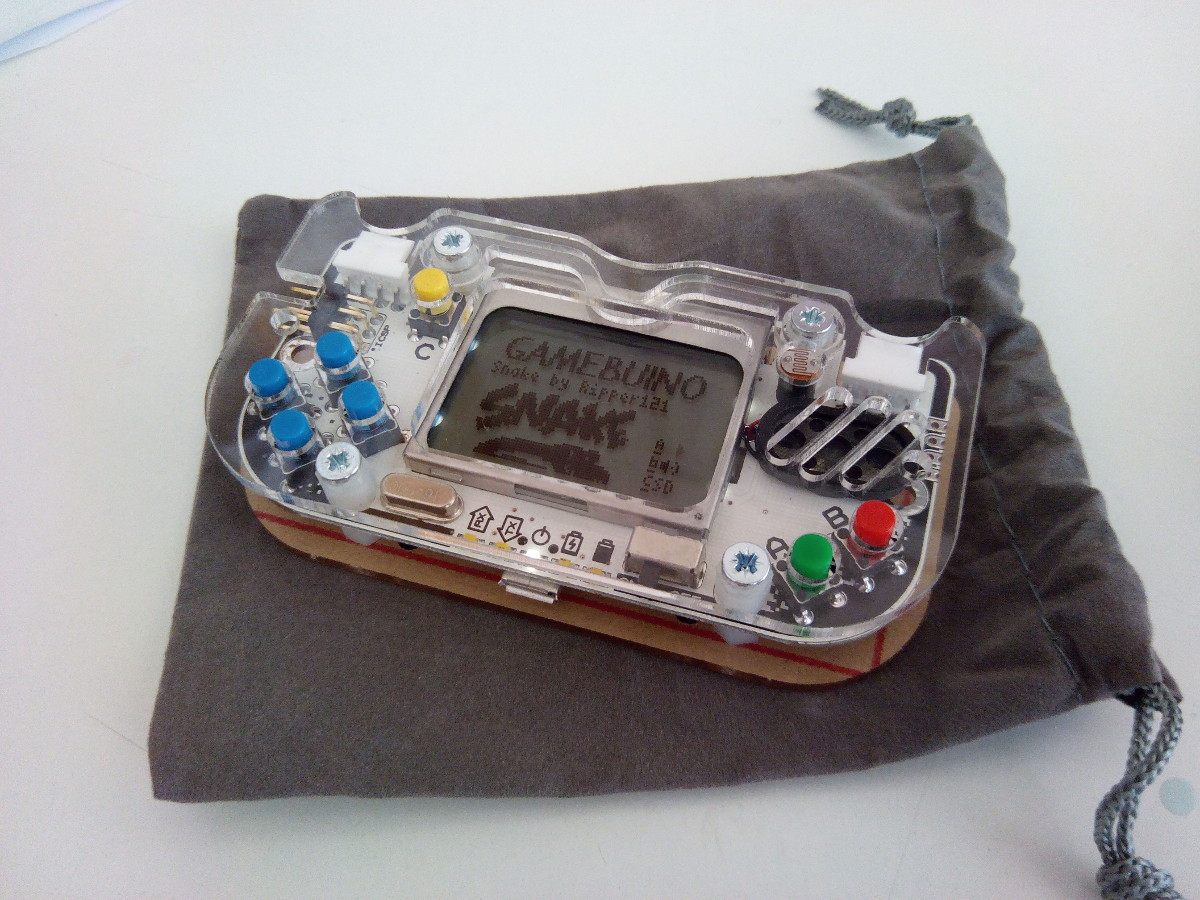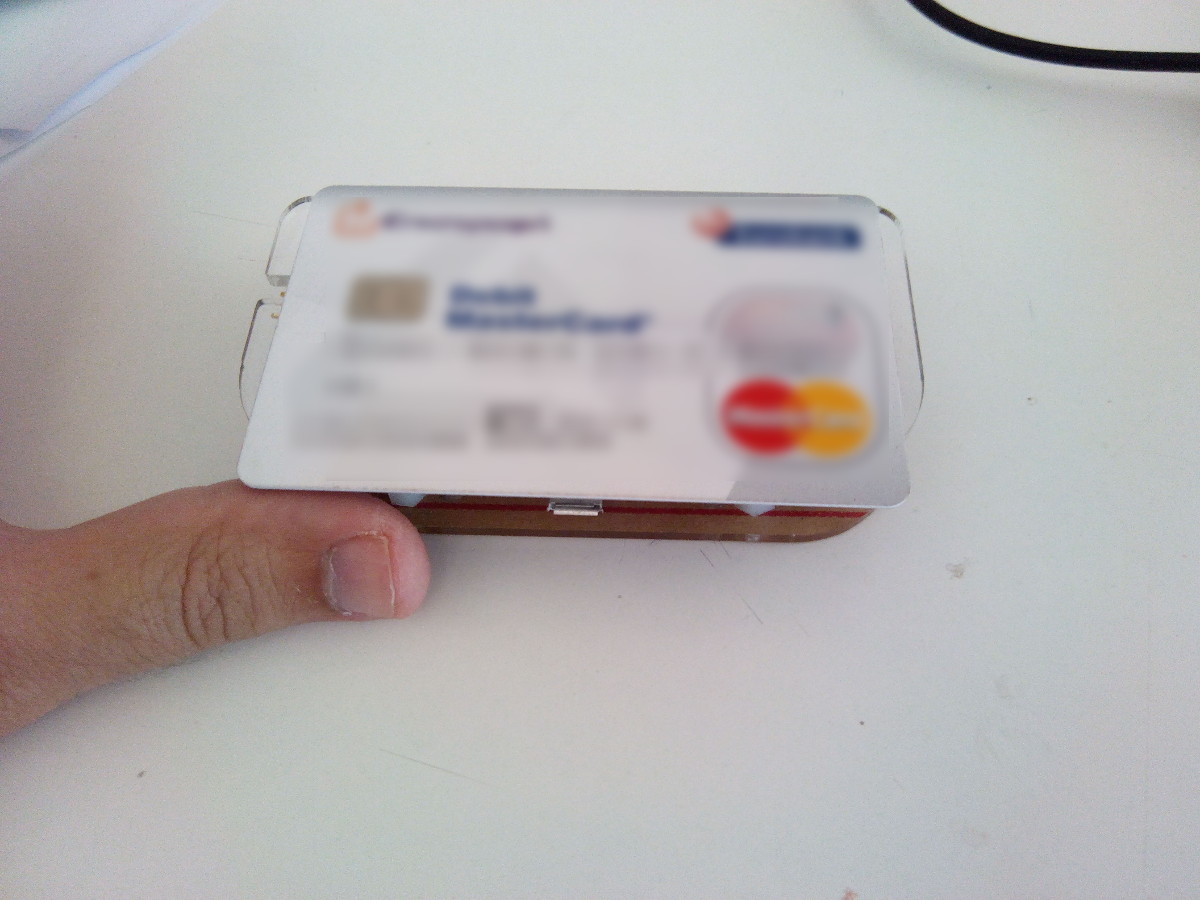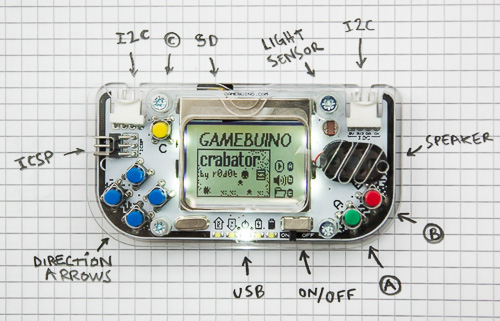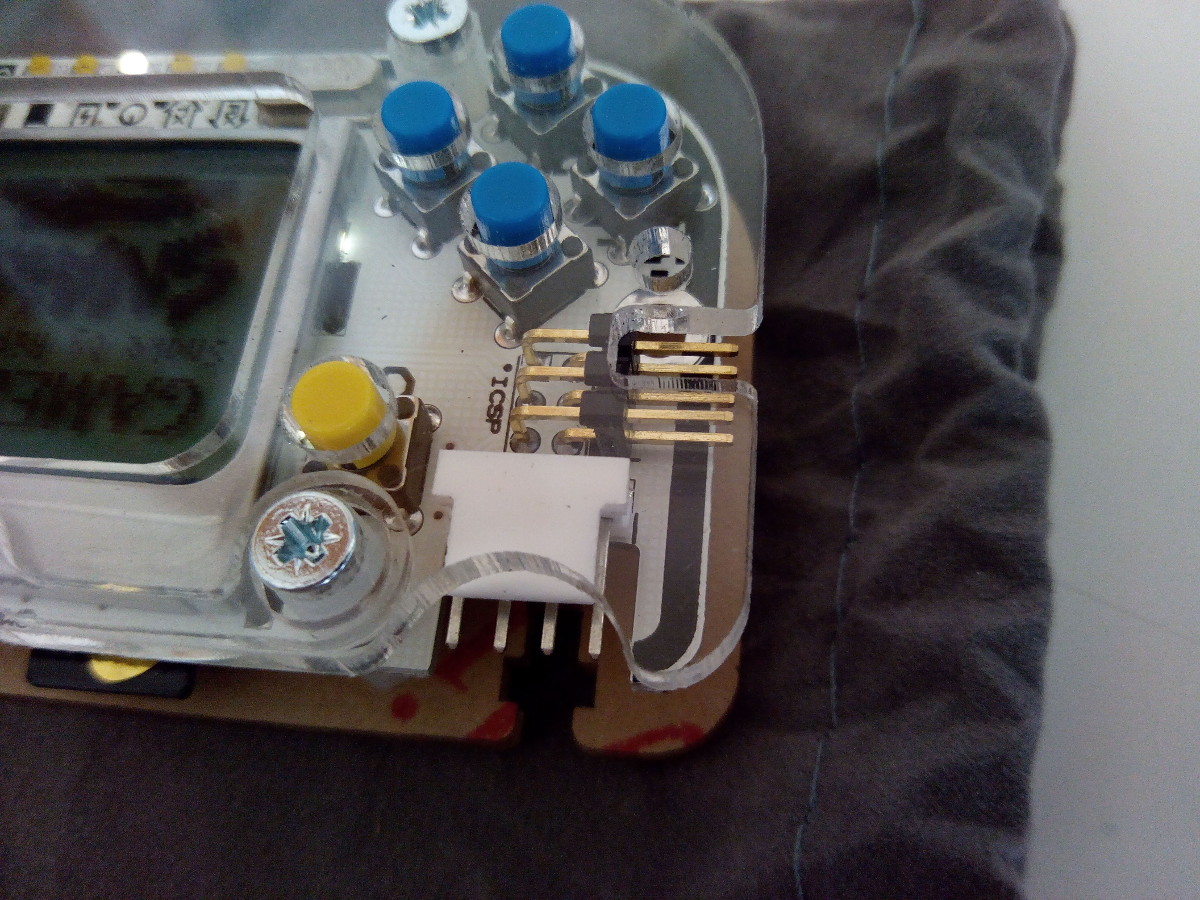Gamebuino: An über-cool open source gaming console
30 July 2014
Some months ago, I contributed in a crowd funding campaign, to build the “Gamebuino” a gaming console based on Arduino. The guy behind Gamebuino, Aurélien Rodot had initially built it for himself while also publishing out schematics and code. When he noticed a growing interest in it, he started a crowd funding campaign to see if he can mass-produce it. And indeed he did, by collecting 1000% more funds, than his minimum goal!
Gamebuino, is a prime example of how something can go from the prototyping lab to mass production within a couple of months. Aurelien proved to be very reliable, frequently publishing updates, staying well within the deadlines and promptly responding to funders’ inquiries. In Gamebuino’s case, open sourcing the software and hardware components was not an obstacle in monetizing (I really hope Aurelien made some money out of this, because he deserves it) while the community built around it, boosted the development process as well as increased the usability of the final product. You see, many games created by third parties are already available at launch.
Anyway, as a contributor in the crowd funding campaign, my Gamebuino arrived today and was very excited about it. It looks professionally made, but at the same time super-geeky, so it will undoubtedly be a head turner while I am on the bus.

Everything was packed good and I was soon playing my first games. It is very easy to catch up, mostly self explanatory and you can choose from the various games it came with. I particularly enjoyed “Snake” and “Pong”. The game experience reminded me of old NOKIA phones! Pretty amazing! It’s small, but compact, hardly exceeding the size of a credit card.

The package includes a microSD card (with pre-loaded games), a microSD reader, a micro USB to USB cable for charging and uploading sketches and a slick bag for the Gamebuino. Basically, everything you need. The Gamebuino, apart from a gaming device, has a lot of potential for other uses, due to the fact that it’s easily programmable and can be interfaced with external hardware through two I2C ports. I personally can see how it can be incorporated in remote control projects that I am involved in and “spice” them up. For me, this was an additional reason for investing in it.
[caption id=”attachment_73” align=”aligncenter” width=”300”] via gamebuino.com[/caption]
via gamebuino.com[/caption]

On the product’s website, Gamebuino.com, you can find a very helpful wiki that will guide you through from loading new games to creating your own programs! A commercial release should be in Aurelien’s plans, so if you are interested you should sign up to Gamebuino’s newsletter and find out when that’ll happen.
I will play a little bit more with it and then if I find some time, I might try to use it in non-gaming applications. Hope you get yours soon too!

